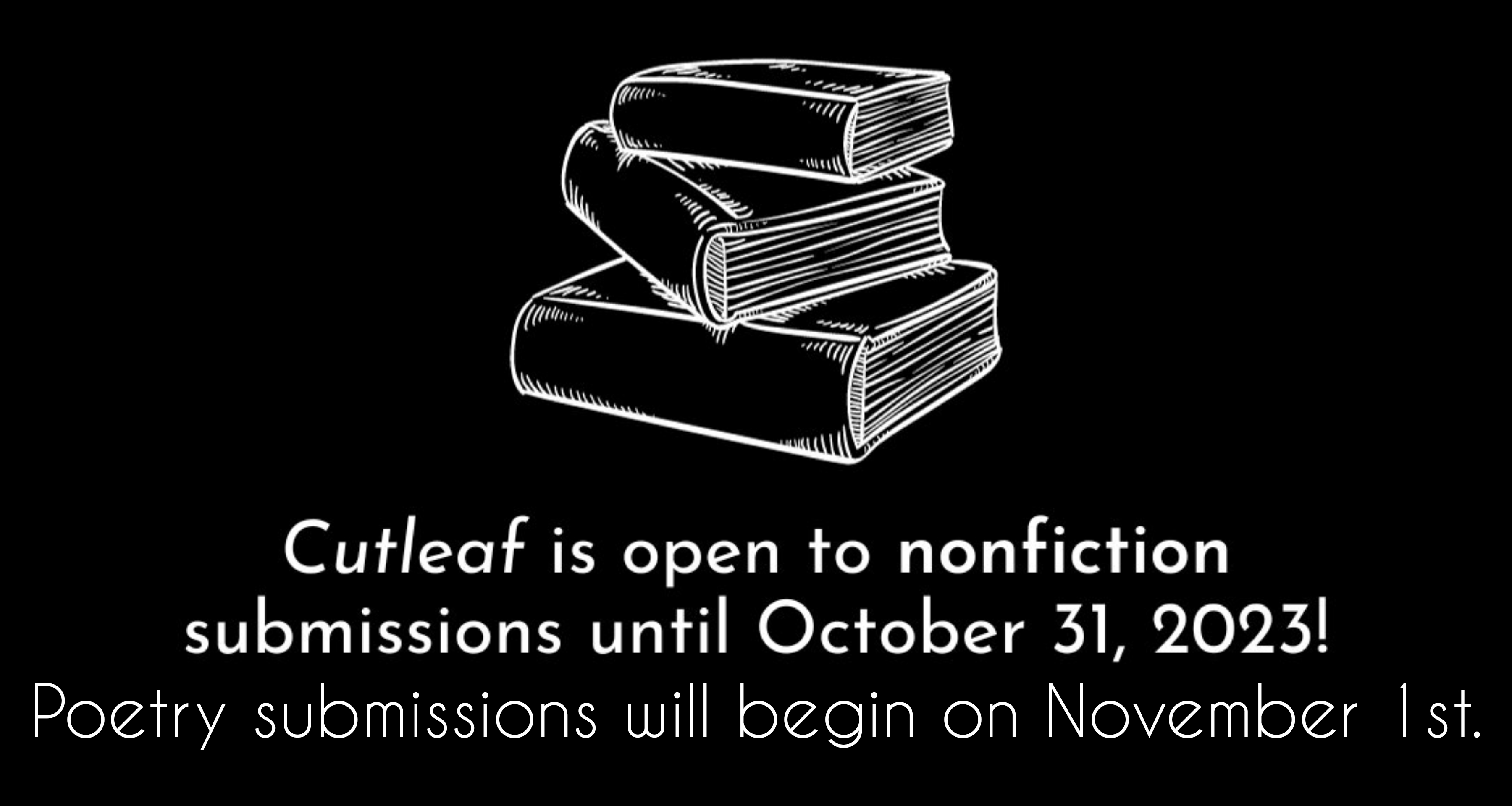ON WRITING: IS (BORING) ‘SAID’ THE BEST OPTION EVERY TIME IN YOUR SPEECH TAG? PART 2
You know how math fractions can be simplified (reduced) to their lowest terms, well, that is how it is for weak verbs. Said is the lowest form or term for all weak verbs and it should be used in place of all weak verbs in a scene. I mention scene here because you’re supposed to show in a scene. Weak verbs might be tolerated elsewhere but in a scene, it weakens your writing. Have some strong verbs in your scene and readers won’t notice the weak ones, but if they’re all weak… Therefore said, according to my school of thought, should replace ALL weak verbs that imply speaking but not all the strong ones. That brings to the question.
What is a weak verb?
It’s a verb that explains what is happening rather than shows how it is happening.
Informed, for instance, tells us that a piece of information (someone doesn’t know) was passed.
Weak verb substitutes for said are terrible in dialogue scenes because they keep explaining what is happening, and the reader feels patronized. It’s almost as if you’re calling them stupid by breaking things down for them. That’s why they are annoying. Words like beg, beseech, exhort, implore, urge etc all say similar things (in different intensities). They don’t show us how something was said. They simply inform or offer explanations to why something was said. You should reduce them to their simplest term, said, particularly in dialogue scenes, not the narration (the telling part of your writing). Ask is another inconspicuous weak verb in its simplest form, just like said, and even if a question mark can tell the reader something was asked, there is nothing wrong with using it. Most readers won’t notice it. So it is okay to use ask or said for questions in your dialogue scene.
The truth is, if the reader is following your story, then you could use said in your speech tags and he would know that a character informed or begged or harangued or prescribed or quipped in a dialogue, or any other weak verb that could be simplified to said. But this is not the case with strong verbs (action-showing verbs). How will he know that someone shouted, whispered (or said in a whisper) or rattled words (rattled) or spoke very slowly (drawled or said with a drawl) or stammered. Notice that you could say things like ‘said in a low whisper’ or ‘whispered’, but when you’re writing those long complex sentences, you’ll see that tightening is best. And so, if you replace them with said, your readers will miss out on an experience. It isn’t technically wrong, but if you keep using said, you’re playing safe and being unimaginative, even vapid. Unless it goes along with the voice of a character who is a child or isn’t good with words, you’re not doing great. Apart from their clever metaphors and similes, the best writers impress with their apt use of strong verbs so don’t miss out on this. Said all the time is flat and unskillful. Tell them I said so.
To conclude, the use of (boring) said is good because it doesn’t draw attention as some other fellow weak verbs do, but if you keep using them where a strong verb can be used, then, your readers will not fully experience your scenes the way they could. And isn’t that a shame. That said, I’ll say thank you and bye.
 Charles Opara is a speculative fiction novelist currently finishing his first novel. He writes short stories of a much wider range of genres, some humorous. He is a programmer based in Port Harcourt, Nigeria, and a member of the Association of Nigerian Authors, Port Harcourt Chapter. He remains captivated by the logic in writing stories and programs. In 2014, his horror short story, It Happened, was shortlisted for the Awele Creative Trust Prize in his home country, Nigeria.
Charles Opara is a speculative fiction novelist currently finishing his first novel. He writes short stories of a much wider range of genres, some humorous. He is a programmer based in Port Harcourt, Nigeria, and a member of the Association of Nigerian Authors, Port Harcourt Chapter. He remains captivated by the logic in writing stories and programs. In 2014, his horror short story, It Happened, was shortlisted for the Awele Creative Trust Prize in his home country, Nigeria.




